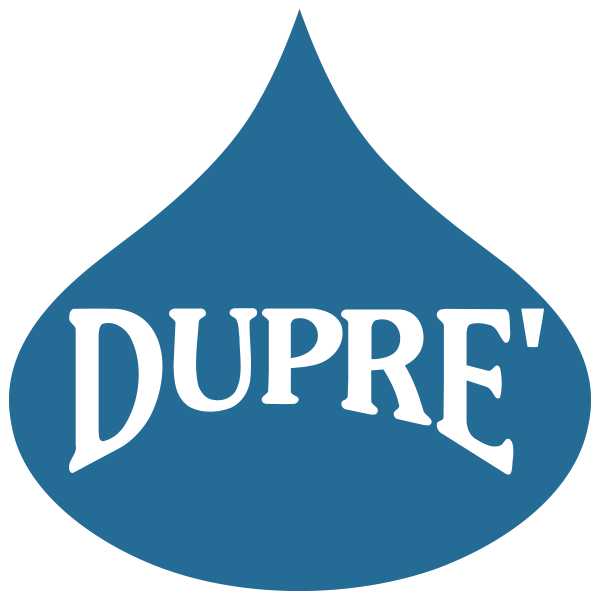Background:
Dupré Logistics is a privately held, asset-based provider of transportation and logistics services that include energy and chemical transport, dedicated truck transportation, site logistics, and freight brokerage. We specialize in tanker, hazmat, and petrochemical transportation and complex supply chain solutions in industrial and consumer products.
Situation Overview:
Two major chemical companies merged to form a joint venture. In order to support the larger operation, executive management sought to overhaul their approach to supply chain management. Dupré Logistics was chosen to make changes to the existing distribution components to facilitate reduced operational costs, improved quality of service and enhance value for the company’s customer base.
Supply Chain Challenge:
The company’s production facility was located in a major metropolitan city with a distribution pattern that included 90% of the company’s customer base within a 275-mile radius. The product itself had a very low density, which meant that when traditional 7,000-gallon bulk trailers were “full,” they were operating at well below the maximum allowable weight limits for highway transportation.
The challenge was to develop a supply chain initiative that would be more efficient than the company’s existing “transactional” distribution method, which was limited by its lack of cohesive operational strategy.
Rather than utilizing a dedicated logistics model, the company was treating each shipment as an individual order, whereby they were negotiating the details of each shipment with private carriers. For an operation of this size, transactional methods tend to create additional issues with managing unpredictable costs across multiple carriers.
Dupré’s Supply Chain Solution:
Dupré was selected as the logistics provider and tasked with designing and managing the supply chain, both internally within the organization and externally to the chemical manufacturer’s customer base. While Dupré’s primary goal was to increase operational efficiency, efforts were also focused on improving customer service and safety performance.
Dupré’s first objective was to reduce the number of shipments by increasing the capacity of the average payload. To accomplish this, Dupré utilized specially manufactured 9,000-gallon stainless steel bulk trailers. This 2,000 gallon capacity upgrade increased the payload for each schedule by 28.5% over the existing operation. Always on the hunt for better results, Dupré later replaced the stainless steel trailers with even lighter 10,000-gallon aluminum bulk trailers for an additional 5% increase in payload per shipment.
Expanding the trailer size created a problem, however. While increasing the capacity of the payload helped reduce the number of shipments, it presented potential issues with the client’s existing loading rack. The loading rack was designed to accommodate the original trailer sizes, which meant carriers using expanded trailers ran the risk of blocking multiple spots on the rack, thereby creating a bottleneck effect.
To solve this issue, Dupré introduced the Carrier Alliance Scheduling Portal, a system created by Dupré which allowed dedicated carriers to easily schedule and coordinate load times. The main benefit of this system is that it provided carriers the opportunity to utilize every possible loading hour and spot available. Additionally, this solution was designed to be easily scalable and grew to accommodate multiple carriers while guaranteeing the same results.
Dupré’s next objective was to improve operational efficiency by addressing the unique distribution challenges presented by the densely packed customer base. To achieve the desired results, Dupré implemented a logistics model that combined the advantages of a dedicated private fleet with the flexibility provided by a non-asset based system.
The private fleet would operate 24 hours per day, 7 days per week to provide continuous flow of the customer’s product within a 275-mile radius of the production facility. For product movement outside of the 275-mile radius, the model included an over-the-road asset-based carrier system supplemented by a non-asset based system to support flex capacity.
Results:
The solutions employed by Dupré significantly reduced costs by increasing payload. As a result, total shipments were reduced by over 30% while providing an expanded 24/7 flow of service.
The introduction of the Carrier Alliance Scheduling Portal provided our client with a scalable loading logistics platform, allowing them to expand operations as necessary.
Additionally, the captive private fleet, combined with Dupré’s on-site management, helped flatten distribution volume which increased asset utilization and stabilized cost.
Dupré’s commitment to exceptional safety standards and reliable service resulted in improved safety scores and quality of service, compared to the company’s original distribution strategy.

